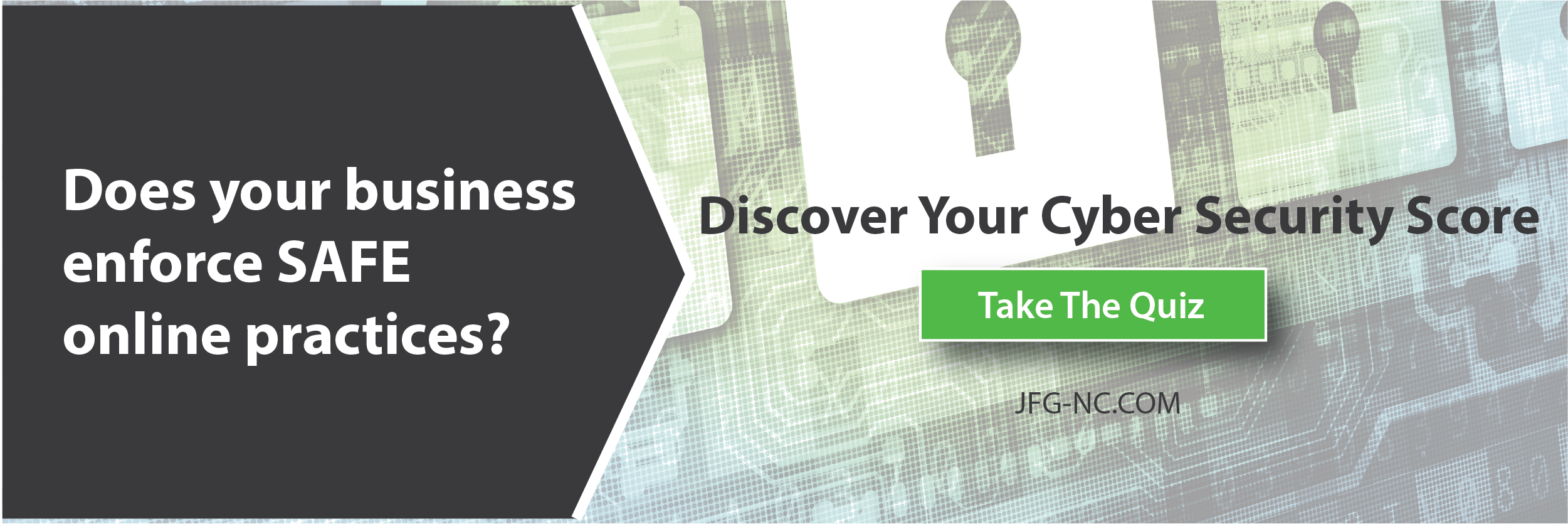Build Better P@$$w0rD$!

A password is the dividing line between the world and all of your personal information. A strong password is key to safety and security. Today, passwords are used for almost everything. From bank accounts to your online shopping cart accounts, they all need to be properly protected. Creating a strong password can be challenging. For your conveneince, we put together a few of our favorite password “do’s and “don’t’s” for reference:
DO’s:
- Increase Length – In most cases, it’s not a man in a dark room trying to guess your passwords by sorting through your old Facebook posts, but it’s a computer program sorting through combinations of characters until it matches your password. A lengthy password is a good, first line of defense against such hacks.
- Verse it UP – Create a random sentence or use your favorite bible verse to create your password. The trick is to take the first letter of each word to encript your password. When creating a random sentence, throw in words that are not commonly part of your vocabulary and perhaps alternate the letters with capitalizations or link the words with symbols. The bible verse trick can work as follows: Joshua 1:9: Have I not commanded you, be strong and courageous.
Good Example: HiNcYbS&C
Great Example: !<HiNcY>bS@C.* - Use A Password Manager – With all of our different online accounts, it can seem impossible to remember all of our passwords. That is where a password manager comes in handy. You can use these to help you pick strong, new passwords for any new account and also keep track of them for you without the potential risk of hacking. Unlike saving your password in your web browser, a password manager stores your passwords securely and works in conjunction with your browser.
DON’T’S:
- Use Common Phrases – It might seem easy to find a lengthy password in your favorite movie quote or a favorite line from Harry Potter, but a hacking program can use popular phrases to guess passwords. If it’s common, avoid it!
- Reuse A Password – At some point, a website you use will probably be hacked. Large-scale hacks on websites like Yahoo, Uber, or even Equifax usually lose significant amounts of data. In fact, Target fell victum to such an attack in 2013, affecting over 40 million shoppers. If the hacker gained your password information and you have used the same password for multiple sites, you have made it very easy to gain access to your private online presence leaving you vulnerable to mutliple threats including identity theft and financial loss.
A strong password is what separates your personal and important information from getting into unwanted hands or databases. Keep your important information secure with a strong password and continue to be vigilant when it comes to computer safety.

